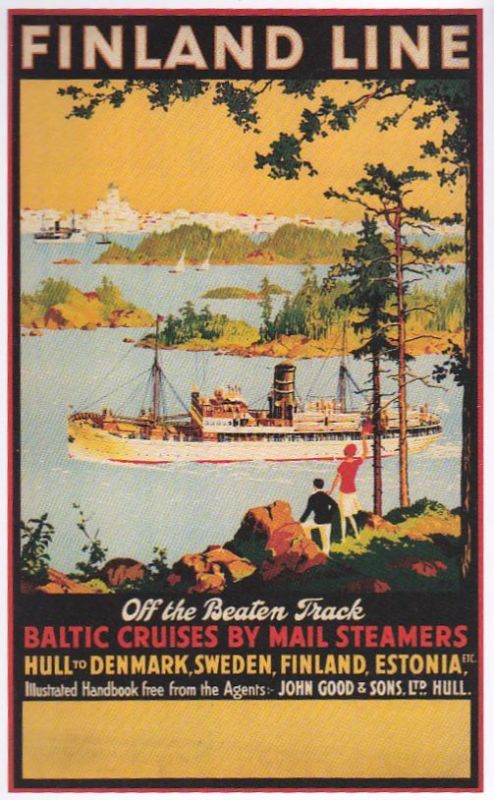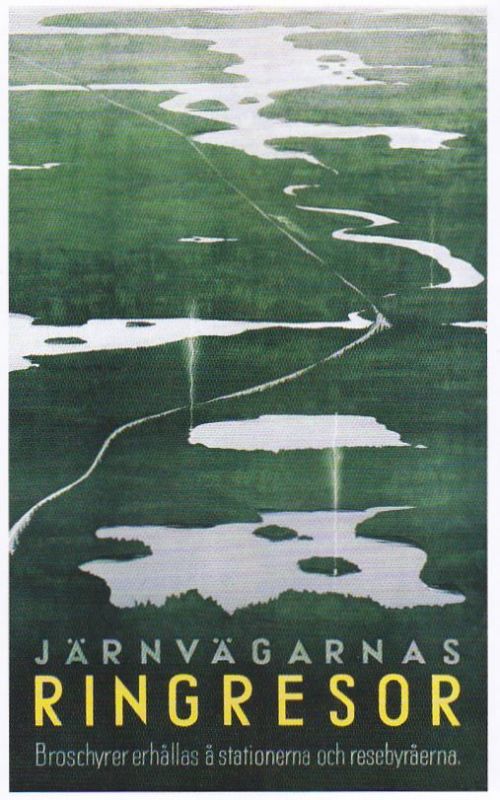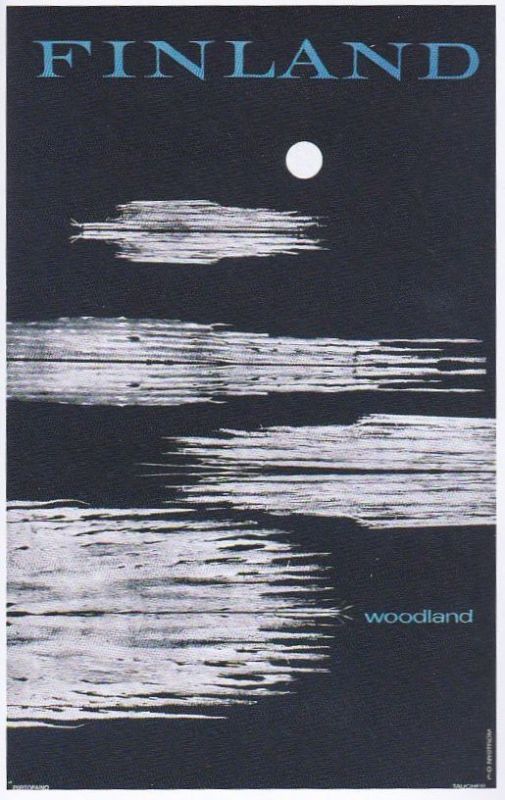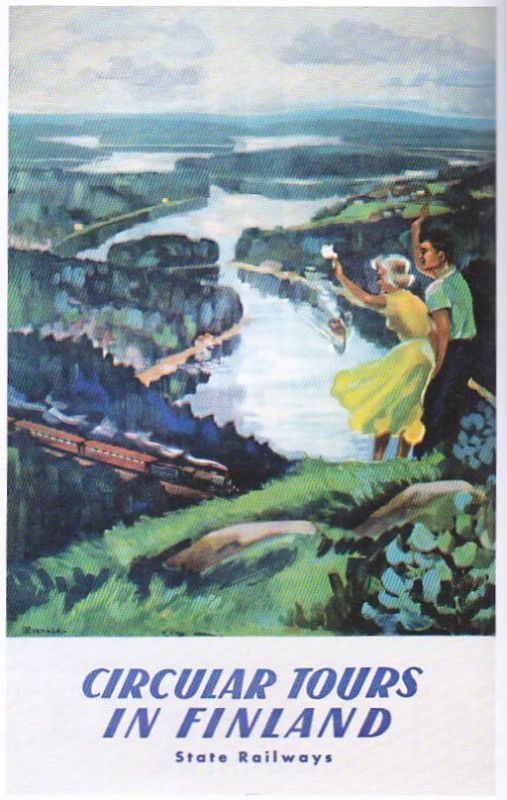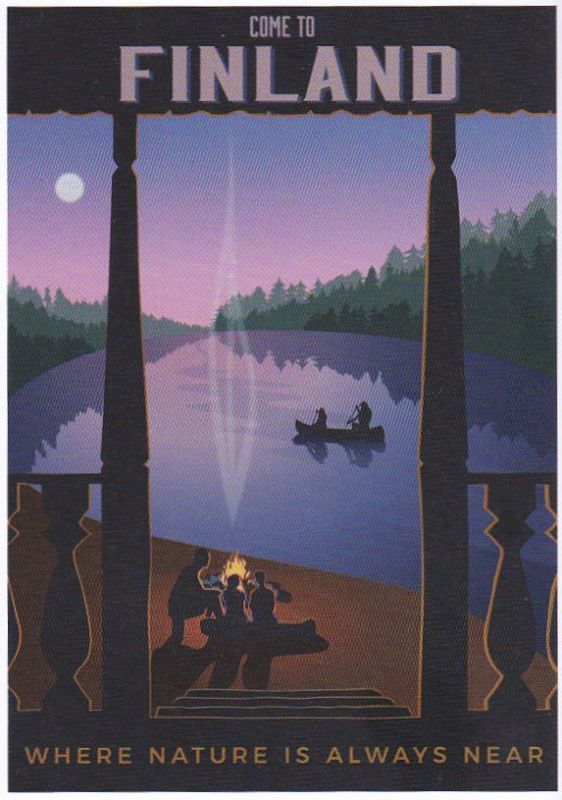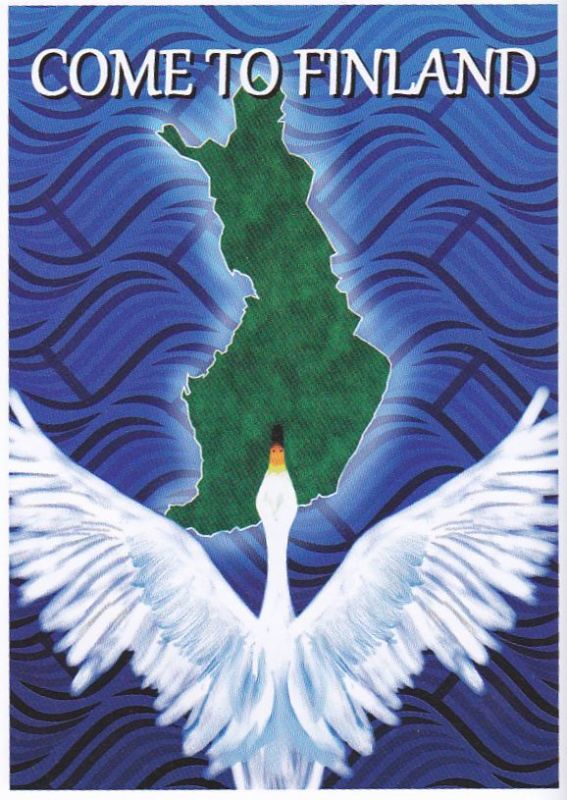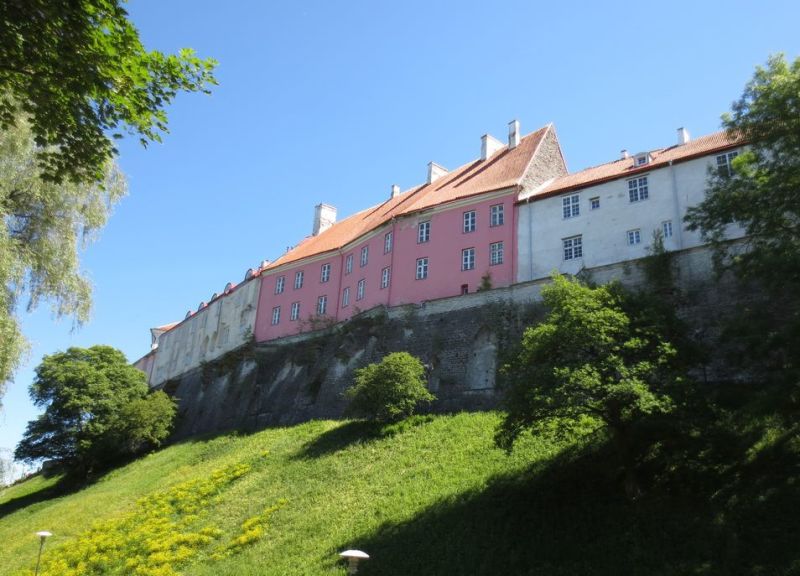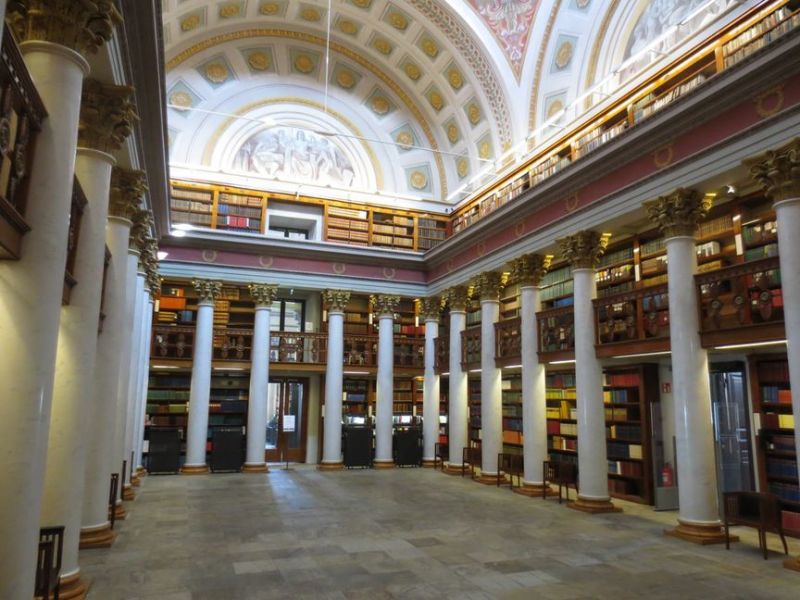The Aftermath
May. 31st, 2019 09:08 pmLast night I went to Reading Film Theatre to see The Aftermath. The overall atmosphere is melancholic; the story takes place in Hamburg, in the winter of 1945-46; the Germans are still digging out human remains from the city ruins left over from the fire-bombing of 1943. Colonel Morgan, a British officer managing reconstruction, has decided to ask his wife to join him. As a British officer he has requisitioned an impressive and undamaged house, but he also wishes the German occupants - a widower architect and his teenage daughter - to stay in the house rather than join a camp. This provides an obvious source of friction and events develop, in various ways.
Overall, the sense I had of the film is that it's about damaged people who have suffered unbearable losses, and explores the ways and risks of repairing that damage. It's clear from the outset that the colonel has seen the reality of war, and feels that it is now his duty to treat the defeated Germans with respect and humanity, unless and until proven otherwise. His wife initially displays overt hostility to them, but learns that the loss of her son in a bombing raid can be matched to losses on the other side, including Herr Lubert's wife. It is not clearly explained how Herr Lubert avoided military service; this, possibly, poses an explanation of sorts in the delay of processing his de-Nazification papers. His daughter mixes with an insurgent group, possibly based on the Werwolf and its imitators. Of course, she has known nothing but Nazi propaganda all her life. Other British military personnel convey the more conventional, tasteless, uncultured attitude of victors: "we won, you lost, get over it" more or less sums it up. By the end of the film, there may have been some healing, but there is also further loss. I felt some suspension of belief was required for the wider plot, but human nature is often unpredictable and drawn to unlikely scenarios, and it certainly felt quite authentic in much of its portrayal of the period.
Overall, the sense I had of the film is that it's about damaged people who have suffered unbearable losses, and explores the ways and risks of repairing that damage. It's clear from the outset that the colonel has seen the reality of war, and feels that it is now his duty to treat the defeated Germans with respect and humanity, unless and until proven otherwise. His wife initially displays overt hostility to them, but learns that the loss of her son in a bombing raid can be matched to losses on the other side, including Herr Lubert's wife. It is not clearly explained how Herr Lubert avoided military service; this, possibly, poses an explanation of sorts in the delay of processing his de-Nazification papers. His daughter mixes with an insurgent group, possibly based on the Werwolf and its imitators. Of course, she has known nothing but Nazi propaganda all her life. Other British military personnel convey the more conventional, tasteless, uncultured attitude of victors: "we won, you lost, get over it" more or less sums it up. By the end of the film, there may have been some healing, but there is also further loss. I felt some suspension of belief was required for the wider plot, but human nature is often unpredictable and drawn to unlikely scenarios, and it certainly felt quite authentic in much of its portrayal of the period.
